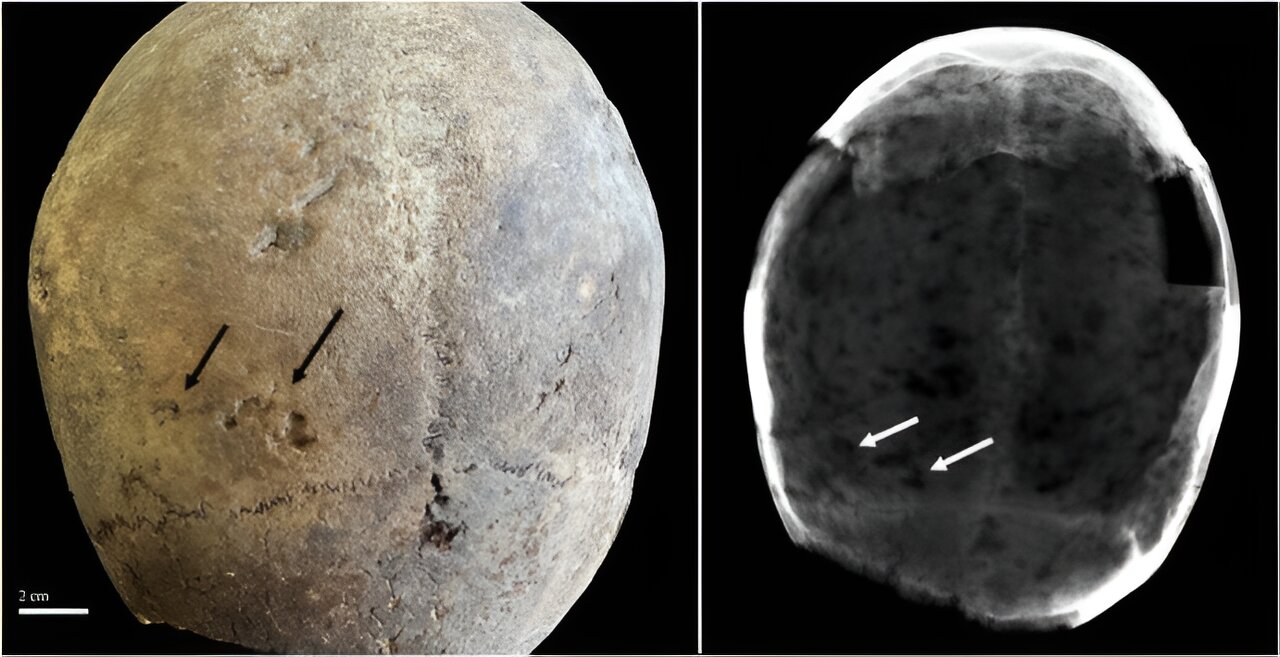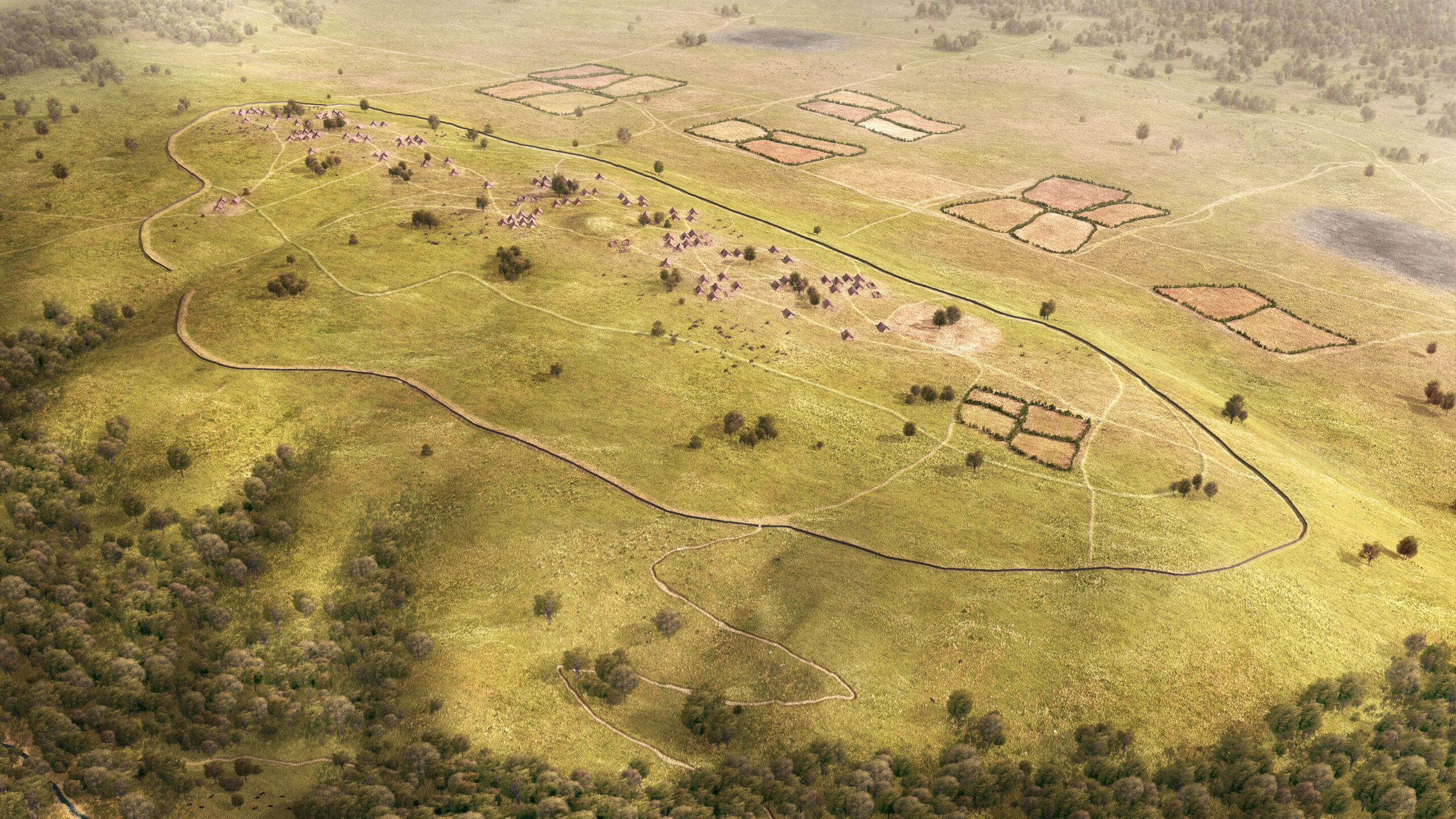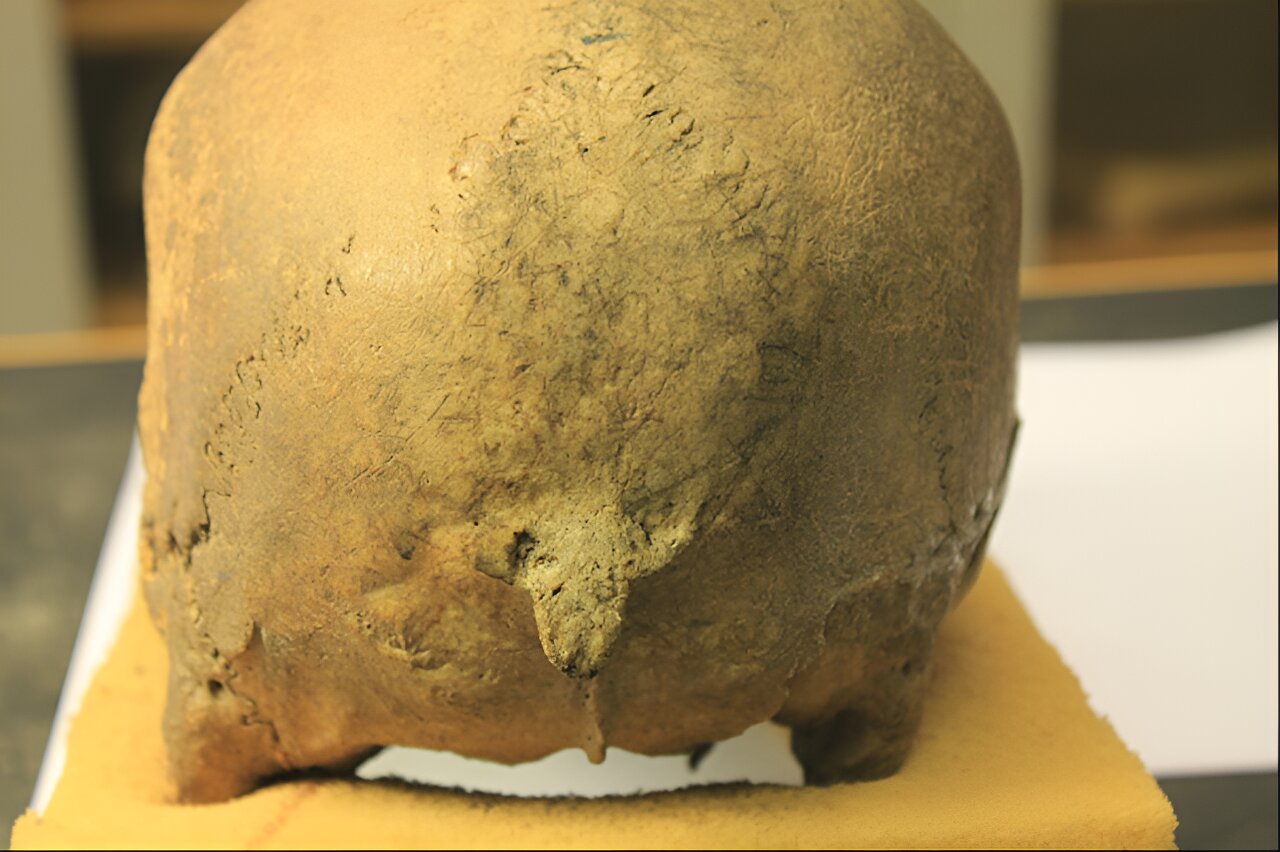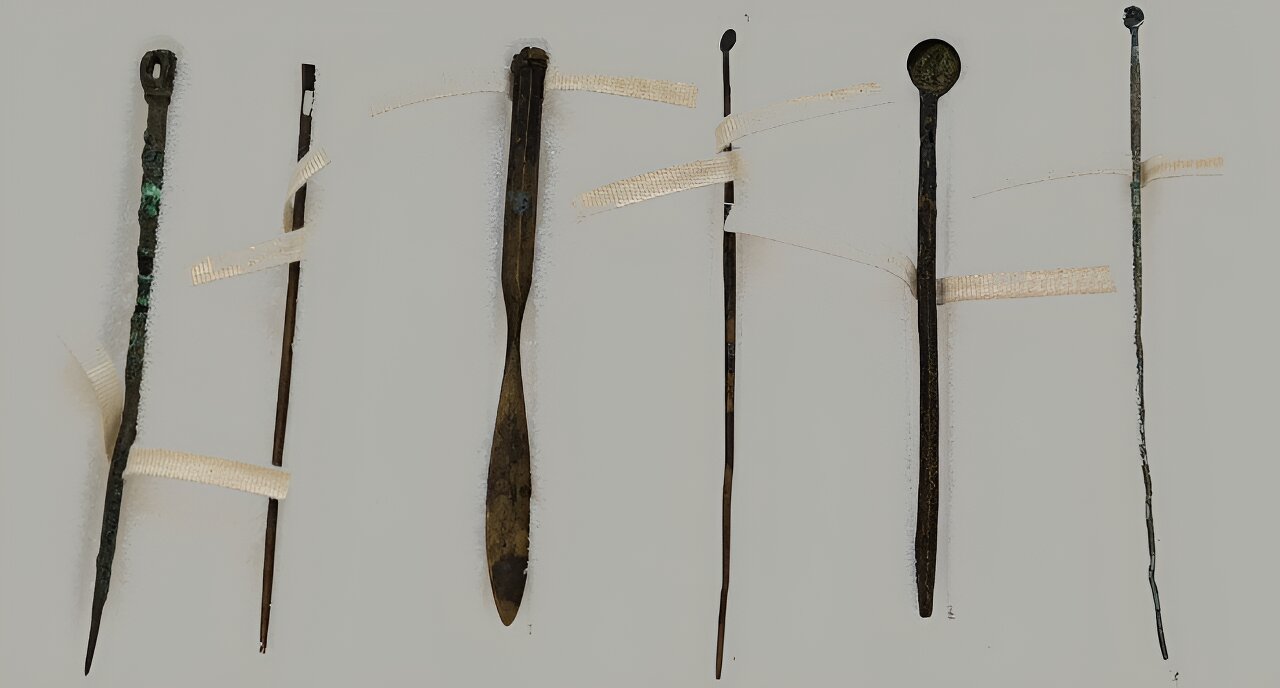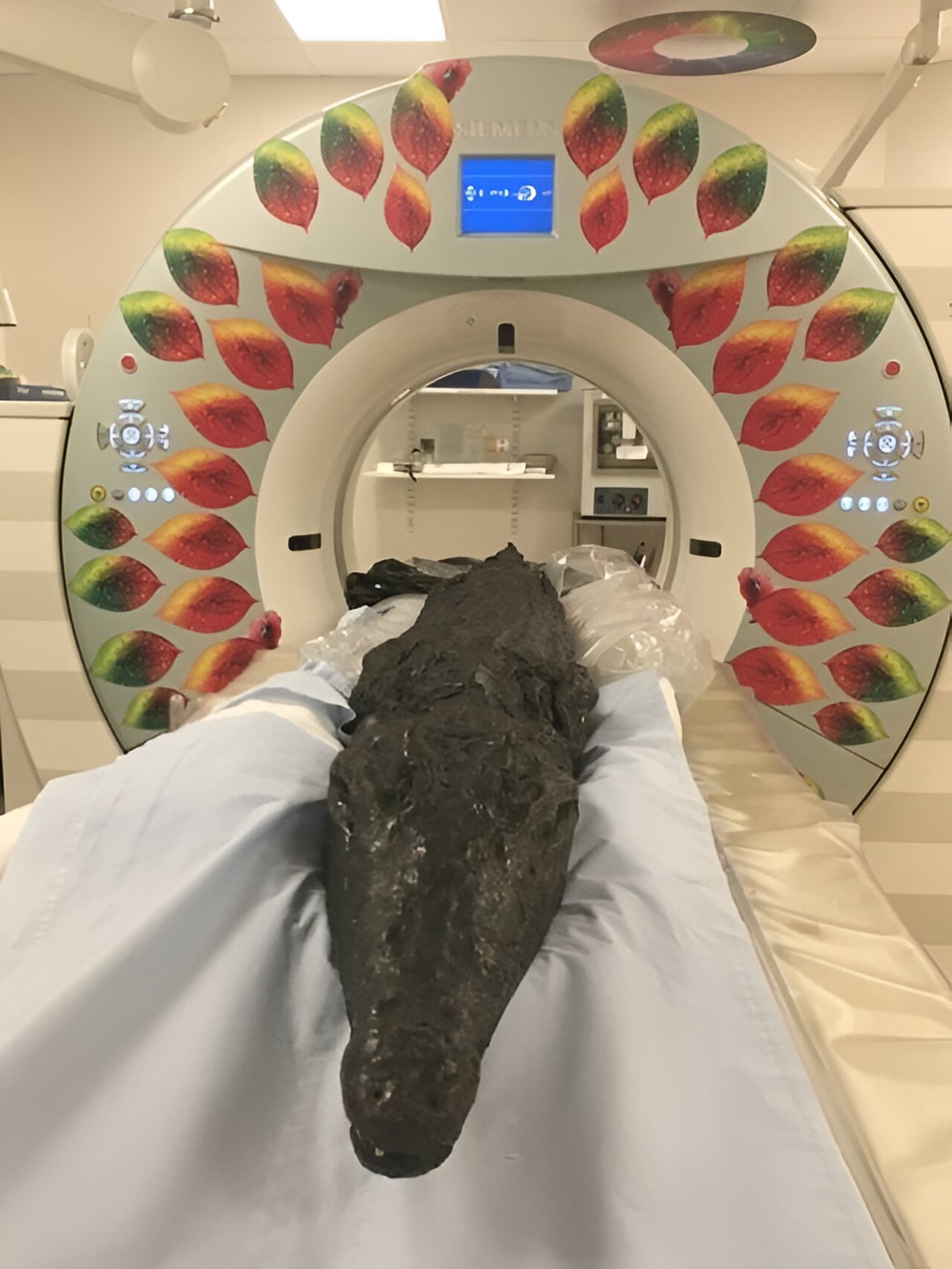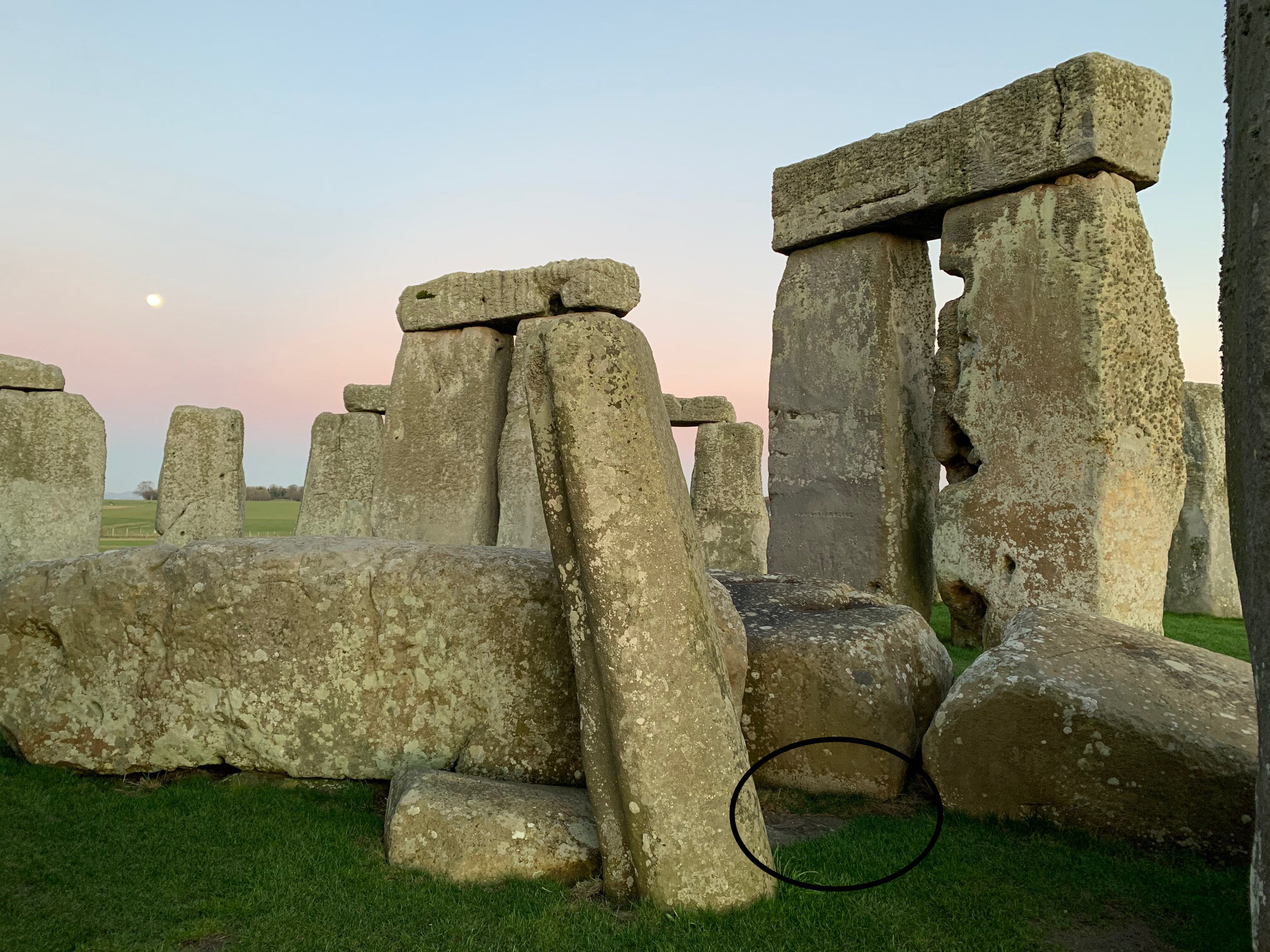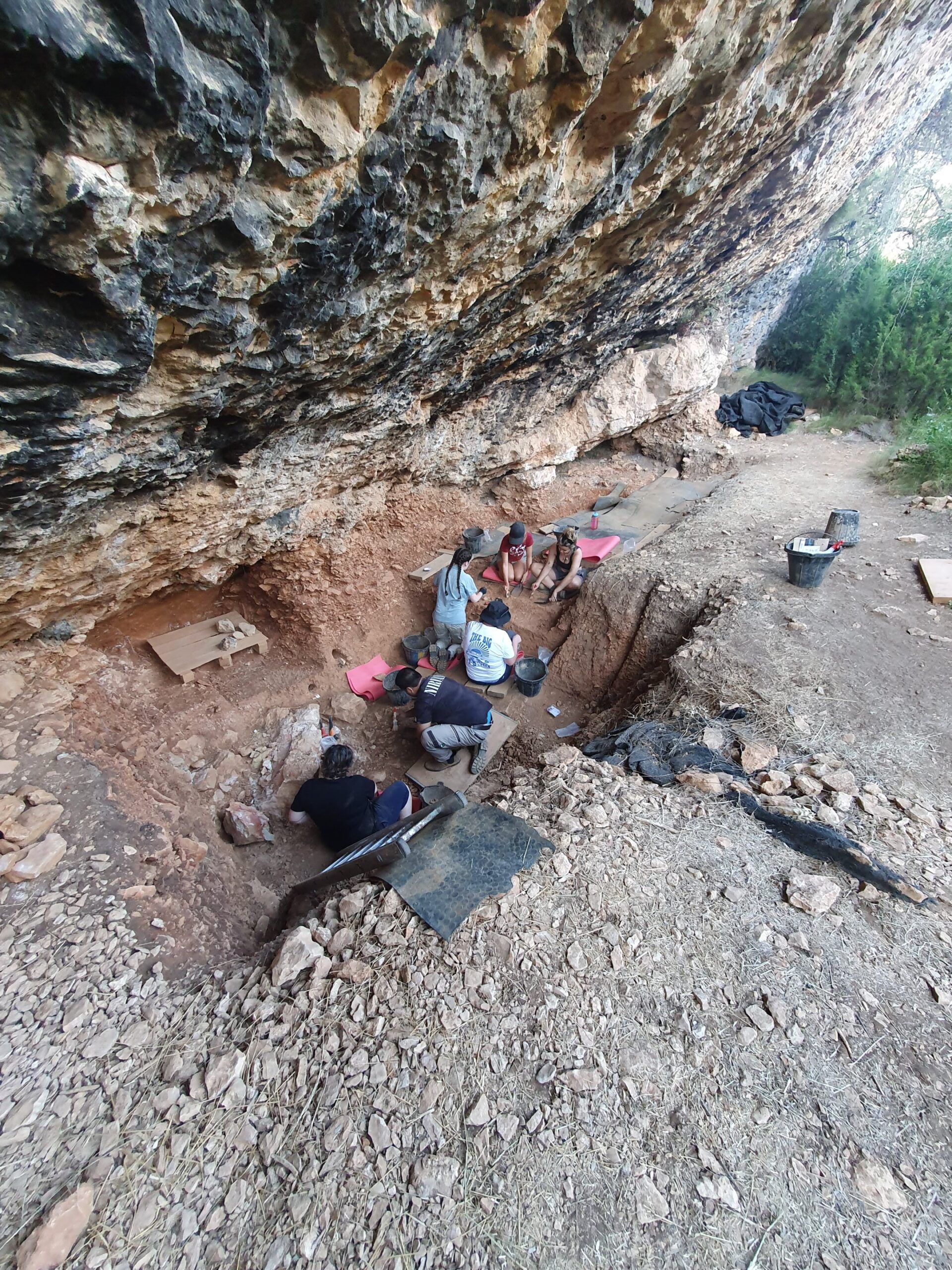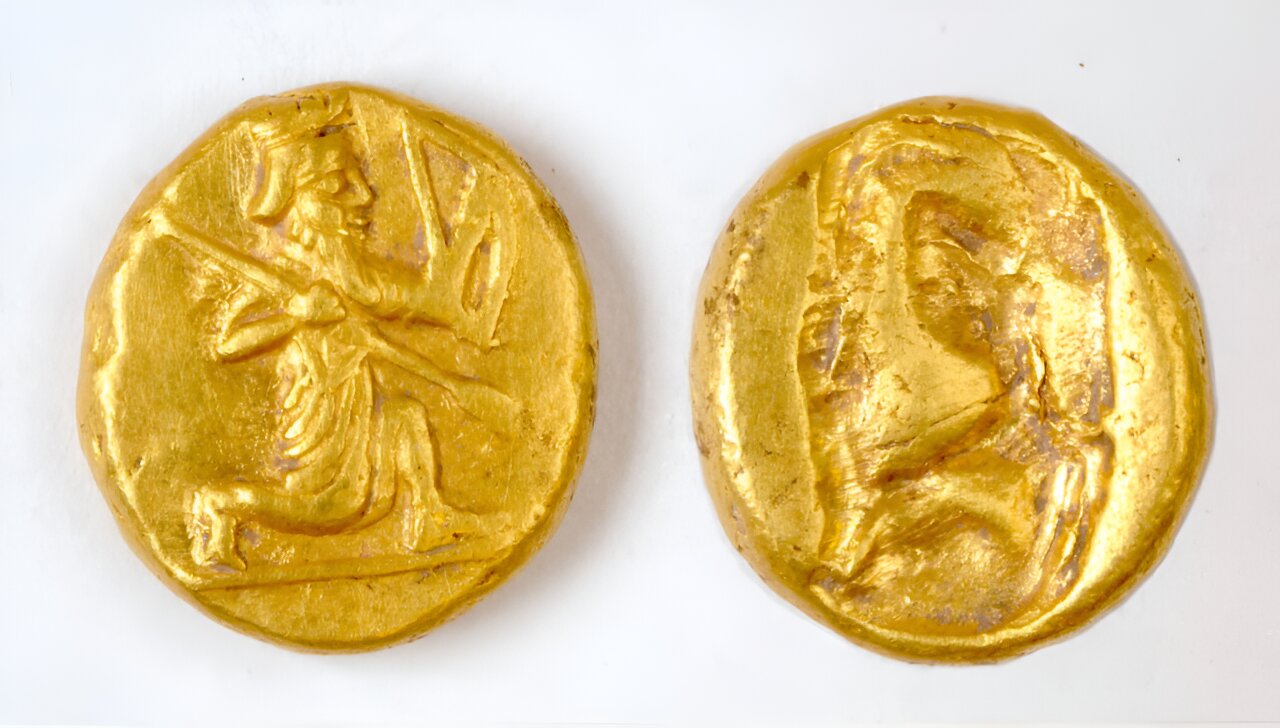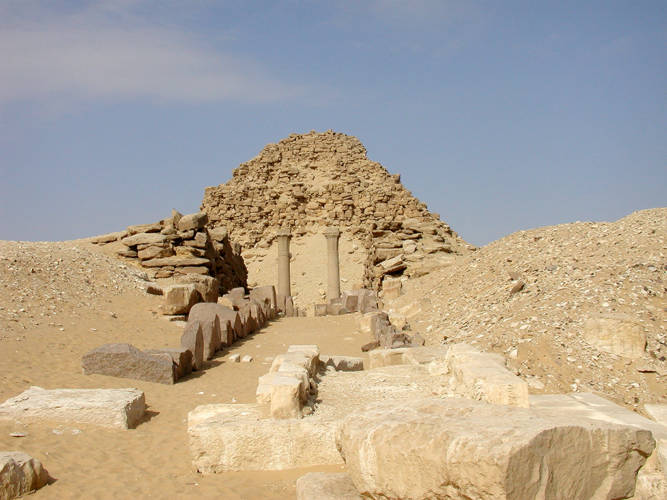Evidence of Early Cocaine Use in 17th-Century Europe Uncovered
In a remarkable discovery, a team of biomedical and medicinal specialists from the University of Milan, in collaboration with a colleague from Foundation IRCCS Ca’ Granda Ospedale Maggiore Policlinico di Milano, has uncovered evidence of cocaine use in Europe dating back to the 17th century. Their groundbreaking findings, published in the Journal of Archaeological Science, … Read more
